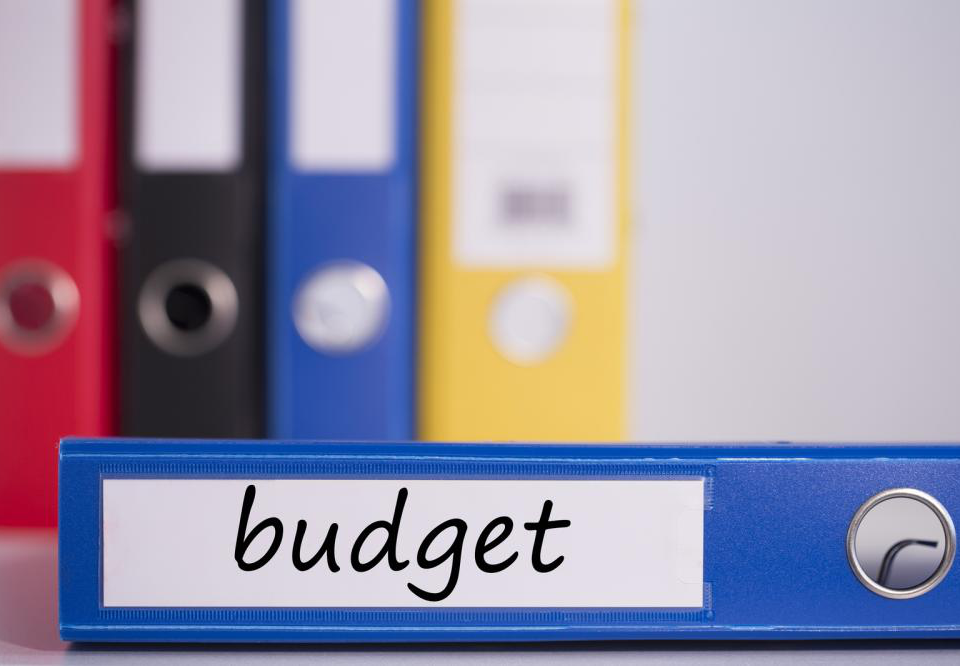6 Advantages of Equipment Leasing

Key Lessons in Entrepreneurial Finance
May 4, 2018Common Ways for Financing Small Business Acquisitions
June 6, 2018Leasing equipment is an alternative to buying equipment on cash. It is a sort of rental agreement between the owner (lessor) and the user (lessee) to use the equipment in exchange for periodic lease payments. There are a number of companies, small and big, who opt for leasing equipment rather than buying it because of the several advantages that come with such an arrangement.
If you are also a new or established business and looking for equipment leasing options, then mentioned below are some of the most common advantages which might encourage you to take the next step towards leasing.
Preserves Cash Flows
Leasing equipment means you are not supposed to pay upfront cash to get the authority and ownership to use the equipment. Here you are only required to pay the minimal initial investment and distribute the remaining over a period of years. This saves your working capital for day-to-day operations, expansions, and the growth of your business.
Increases Flexibility
In today’s digital world every technology seems to be changing on a regular basis. With these changes, your business’s needs might also change. Because of leasing equipment, you have the advantage of taking on additional equipment without heavily investing in it or upgrading the old ones to new through lease restructuring and refinancing.
Reduces Risk of Obsolescence
Because of this advantage, equipment leasing is popular among companies and businesses of all sizes. This is because it can help you stay on top of the latest advances in equipment and technology without having you to fear about it as an asset that is no longer required, but is still taking up a good portion on the balance sheet.
Also, you can determine the length of your lease to ensure that you take advantage of the newest technologies once your last lease expires.
Tax Benefits
Another advantage of leasing equipment for your business is the tax benefits that you get along with it. It provides businesses with a full deduction of lease payments against current earnings and thus helps in significantly lowering the total cost of equipment.
Better Balance Sheet
Lease payments, which are paid monthly, are not considered as a debt repayment but rather viewed as a business expense under expenses in the balance sheet. Because these payments are not disclosed under the liability section of the balance sheet, it gives you a better chance of availing financing from other sources or increasing your line of credit at a bank.
Maintenance Benefits
For small companies and businesses with limited financial and human capital, full-service leases are of the most advantage. Here the owner (lessor) is responsible of bearing all maintenance related costs. Although this may result in higher lease payments, in the end, its benefit is heavier than the cost that needs to be paid.


